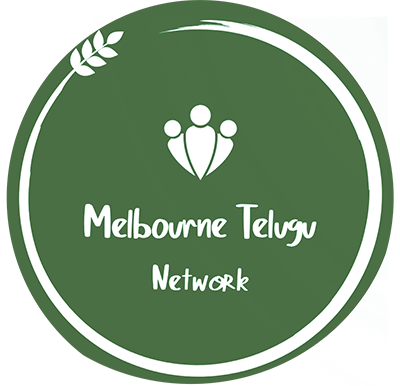Scams targeting international students in Australia are increasing, including fake calls, emails, and fraudulent agents. Recognizing and avoiding these scams is crucial to protect your personal information and finances. This guide offers essential tips on how to stay safe.
Major Scams Targeting International Students in Australia :
-
Transcript Scams : Scammers pretending to be education agents offer fake Australian university transcripts in exchange for money.
-
Scholarship Scams : Fraudsters pose as agents offering large university scholarships for a fee.
-
Accommodation Discounts : Scammers promise unbelievable discounts on accommodation for upfront payments.
-
Flight Booking Scams : While borders are closed, scammers offer to book flights to Australia for a fee.
-
Fake Property Listings : Properties advertised on websites like Gumtree may not exist or differ significantly from their descriptions.
-
Tax Payment Scams : Fraudsters impersonate the Australian Taxation Office (ATO) demanding tax payments.
-
Fake Job Offers : Scammers offer jobs to international students in exchange for payment for training or courses.
-
Virtual Kidnapping : Students are coerced into faking their kidnapping, demanding ransom from their families.
How to Avoid Getting Scammed ?
Call-Related Scams :
-
Disconnect the Call: Hang up immediately if you suspect the caller is a scammer. Avoid engaging if they call back.
-
Protect Personal Information: Never give out personal or sensitive information over the phone.
-
Check Scamwatch: Use the Scamwatch website to stay updated on different types of scams in Australia.
-
Verify with Organizations: Directly contact the organization or business to verify the legitimacy of the call.
-
Register Your Number: Sign up with the “Do Not Call Register” to reduce unsolicited marketing calls from Australian businesses.
-
Be Cautious: Stay aware that scammers can still contact you from overseas despite being on the do not call list.
How to Know Email-Related Scams ?
-
Avoid Clicking Hyperlinks: Do not click on links in suspicious emails.
-
Do Not Reply: Refrain from replying to these emails.
-
Verify the Sender: Always check the email address of the sender to ensure it is legitimate.
-
Contact Directly: Reach out to the business directly via their official email or phone number.
-
Use Browser for Websites: Visit websites by typing the URL directly into your browser, rather than clicking on links from emails.
How to Avoid Agency-Related Scams ?
-
Do Proper Research: Investigate the agent thoroughly before engaging their services.
-
Confirm with Multiple Agents: Validate information with at least 2 to 3 other agents in your area.
-
Contact University Directly: Reach out to your university or college to verify the agent’s legitimacy.
-
Contact Department of Home Affairs: Check with the Department of Home Affairs for information on authorized agents.
-
Check MARA Website: Look up migration agent details on the MARA (Migration Agents Registration Authority) website
-
Lodge Complaints: If you encounter a fraudulent agent, you can file a complaint on the MARA website.


